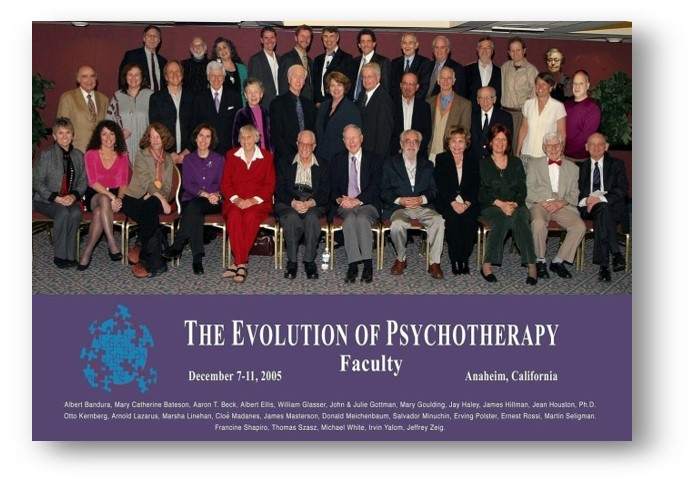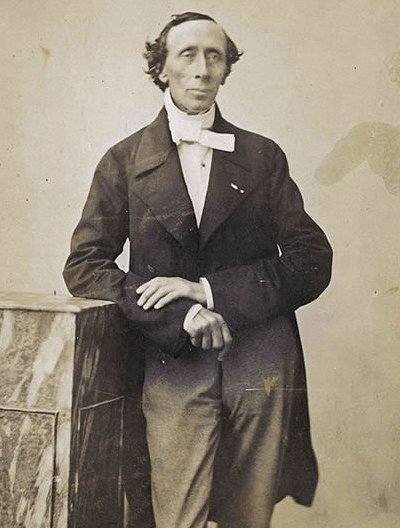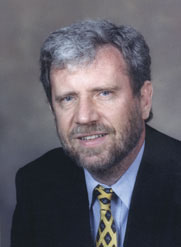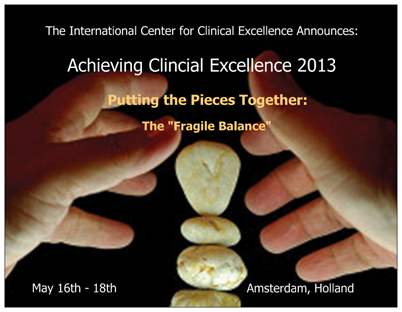
Dateline: May 8th, 2011
Copenhagen, Denmark
It is with great pleasure and high expectations that I announce the second “Achieving Excellence Conference” to be held in Amsterdam, Holland on May 16th-18th, 2013.
The title of the 2013 ACE conference is, “Putting the Pieces Together: The ‘Fragile Balance,'” emphasizing the steps, practices, and supports required for excellence in the field of behavioral health.

.jpg)
This last weekend, the organizing committe met in Horsholm, Denmark to begin planning the event. The 2013 conference chair is Dutch psychologist Rick Plutt (pictured on the left in the photo to the right). Committee members flew in from all over Europe and include ICCE associates (from left to right in the photo on the left) Liz Plutt (Holland), Rick Plutt (Holland), Anthony Jordan (Sweden), Bogdan Ion (Romania), Bill Andrews (UK), and Susanne Bargmann (Denmark).


Information about the event is already available on the official ACE 2013 Conference website. Registration will soon be available.
The committee has also issued a “Call for Papers” from clinicians, researchers, and policy makers interested in presenting at the event. Guidelines for submitting a proposal to present at the conference can be obtained by sending an email to: info@centerforclinicalexcellence.com.
Details regarding the event, including keynote presenters will be released shortly so stay tuned. In the meantime, make sure you watch the video highlights from the 2010 conference in Kansas City, Missouri:
More videos from the conference are available on the International Center for Clinical Excellence video channel.
Don’t wait until 2013 to begin improving the quality and outcome of your clinical work. The one and only, official “Training of Trainers” is open for registration. This hands on event is conducted by me and other ICCE Senior Associates. Space is limited to 35 participants. You can register by clicking the icon below.
Here’s what last year’s participants said about the “Training of Trainers”:



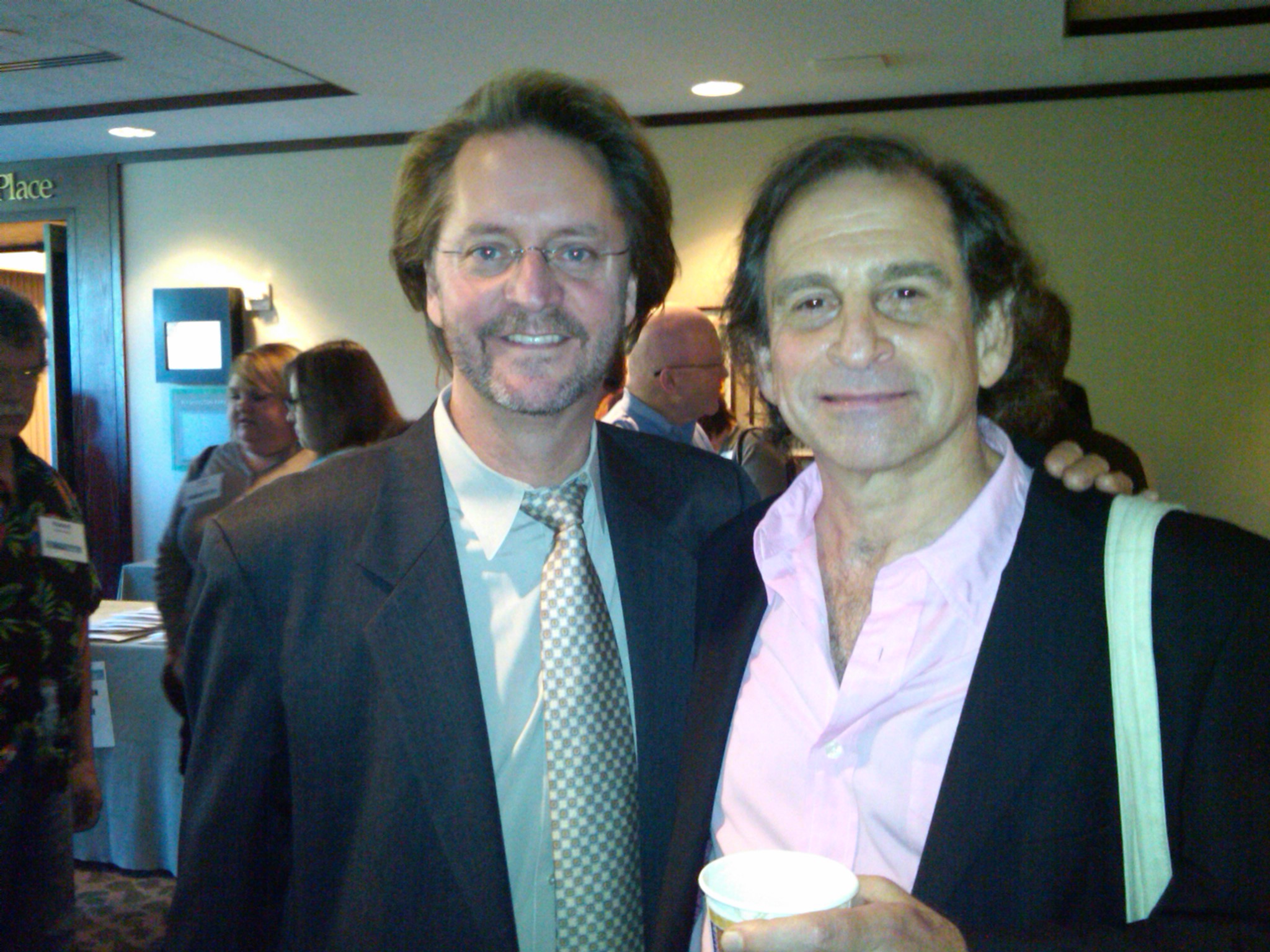
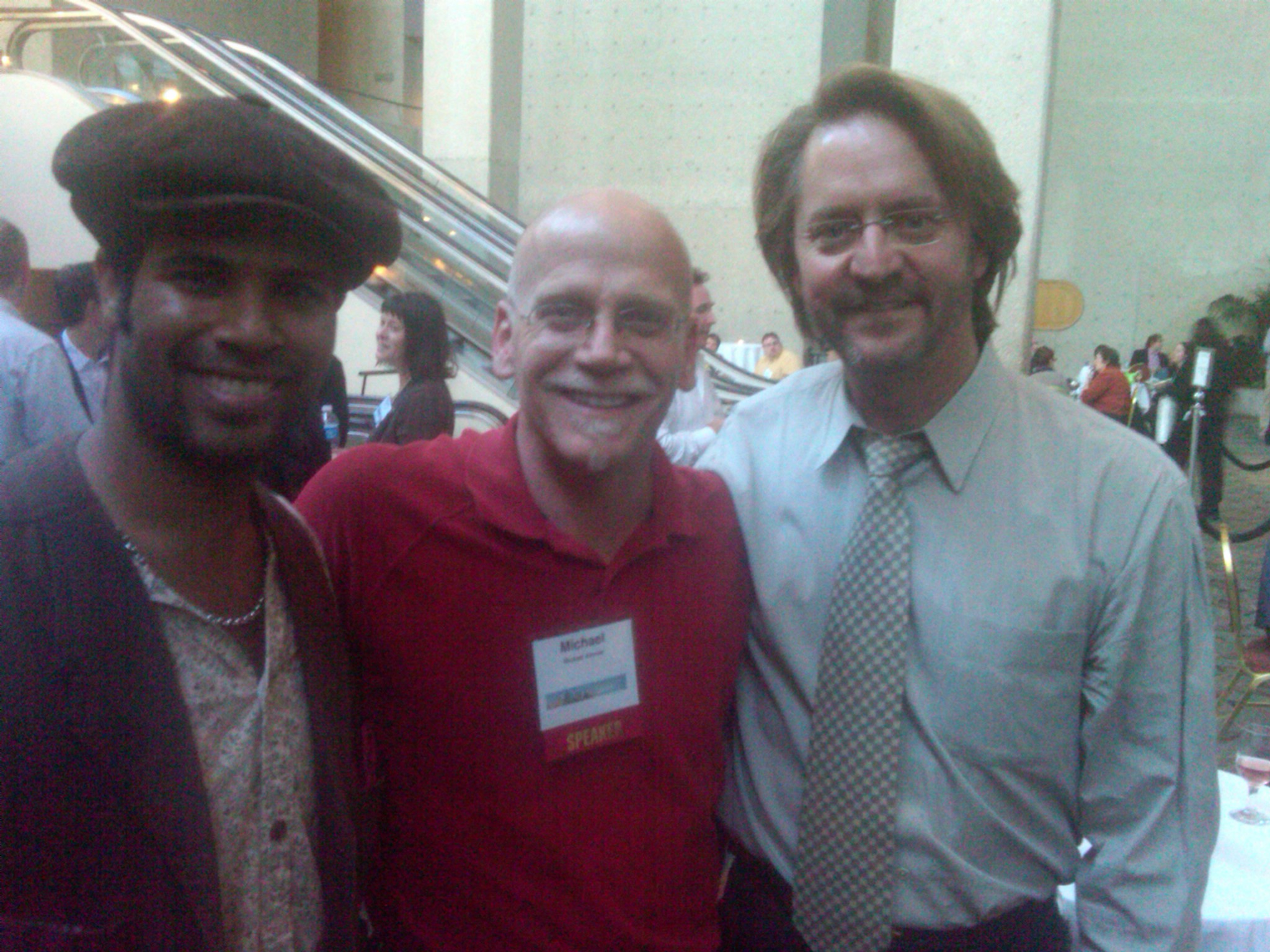
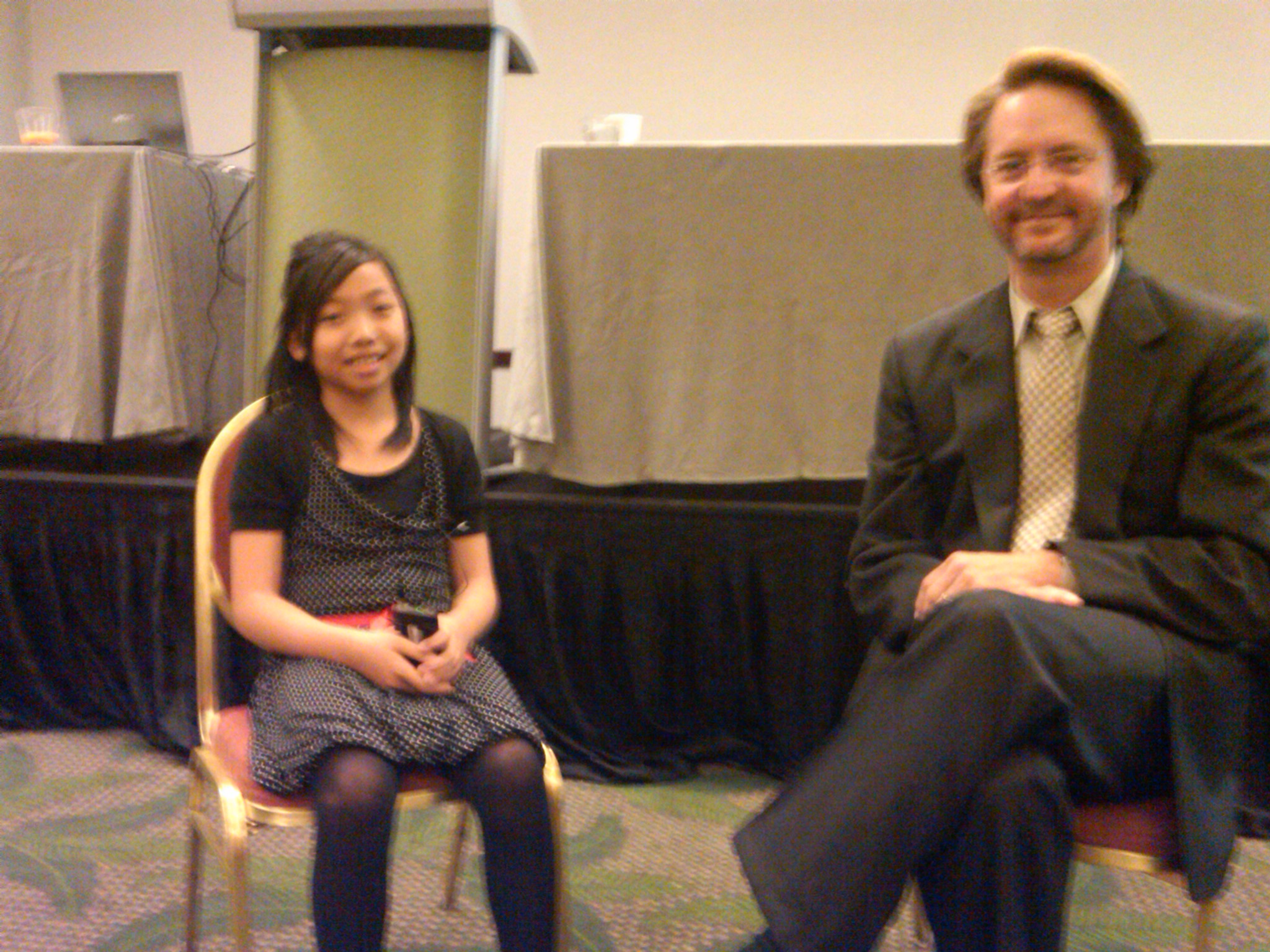
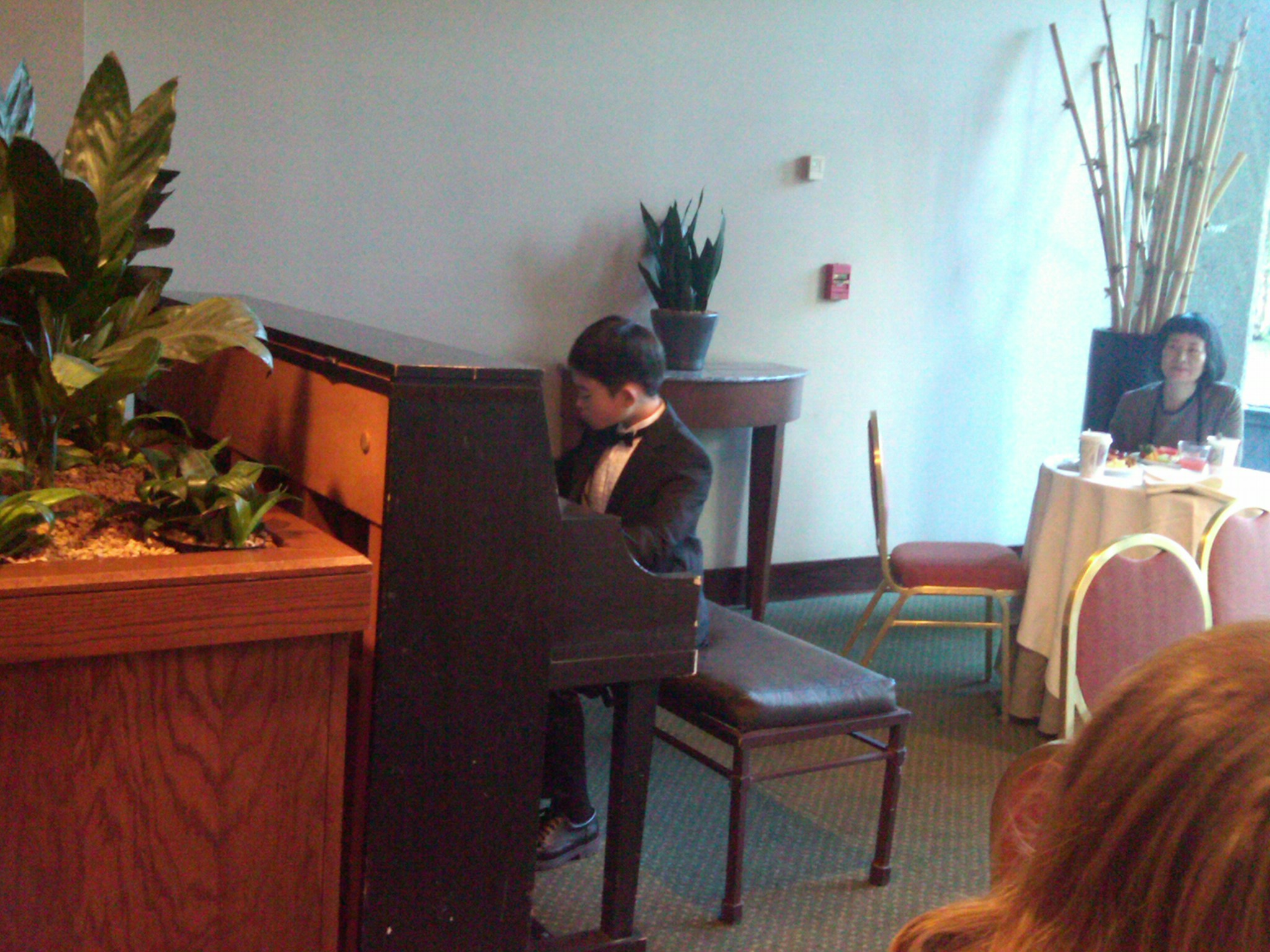
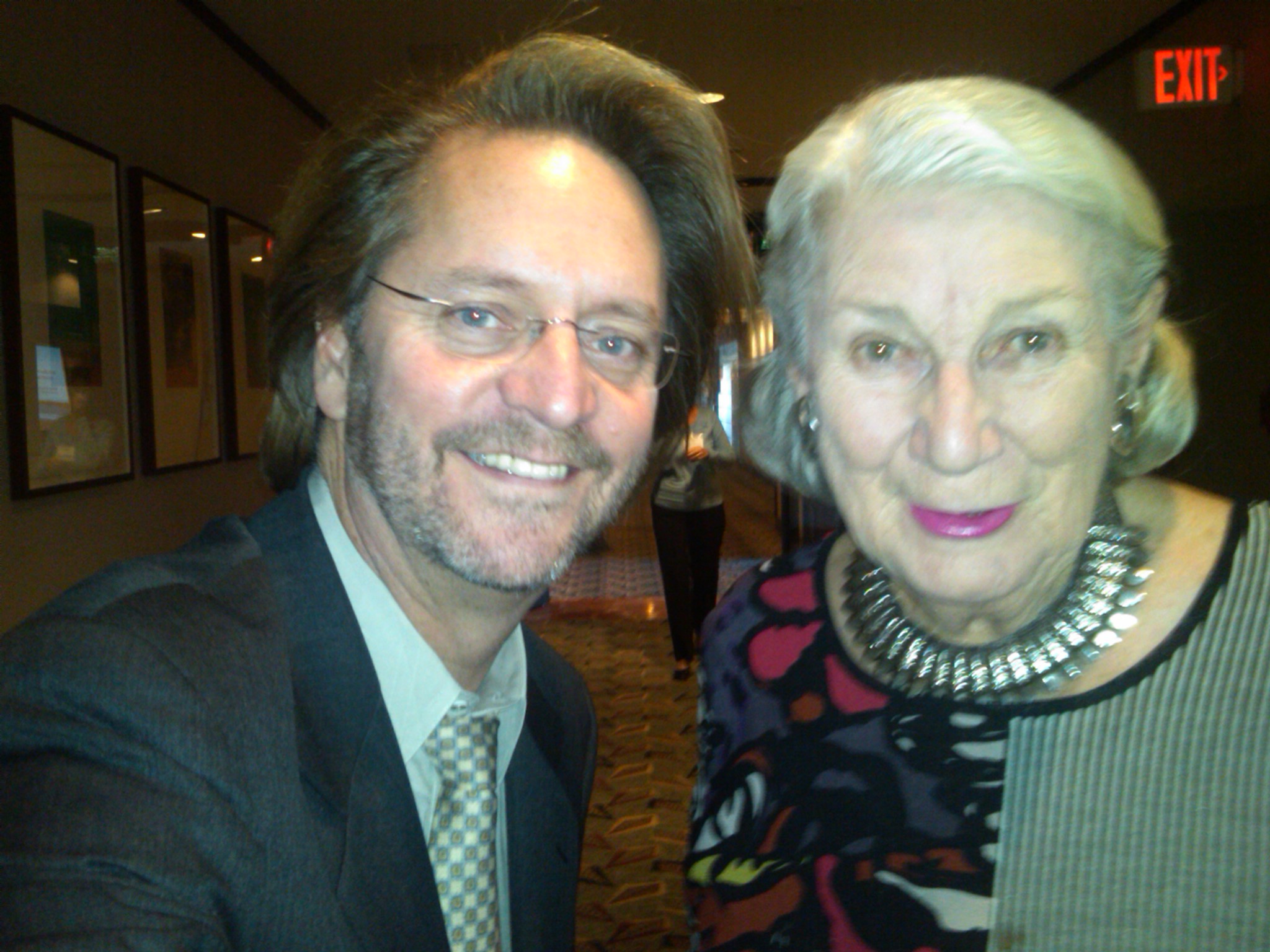
.jpg)
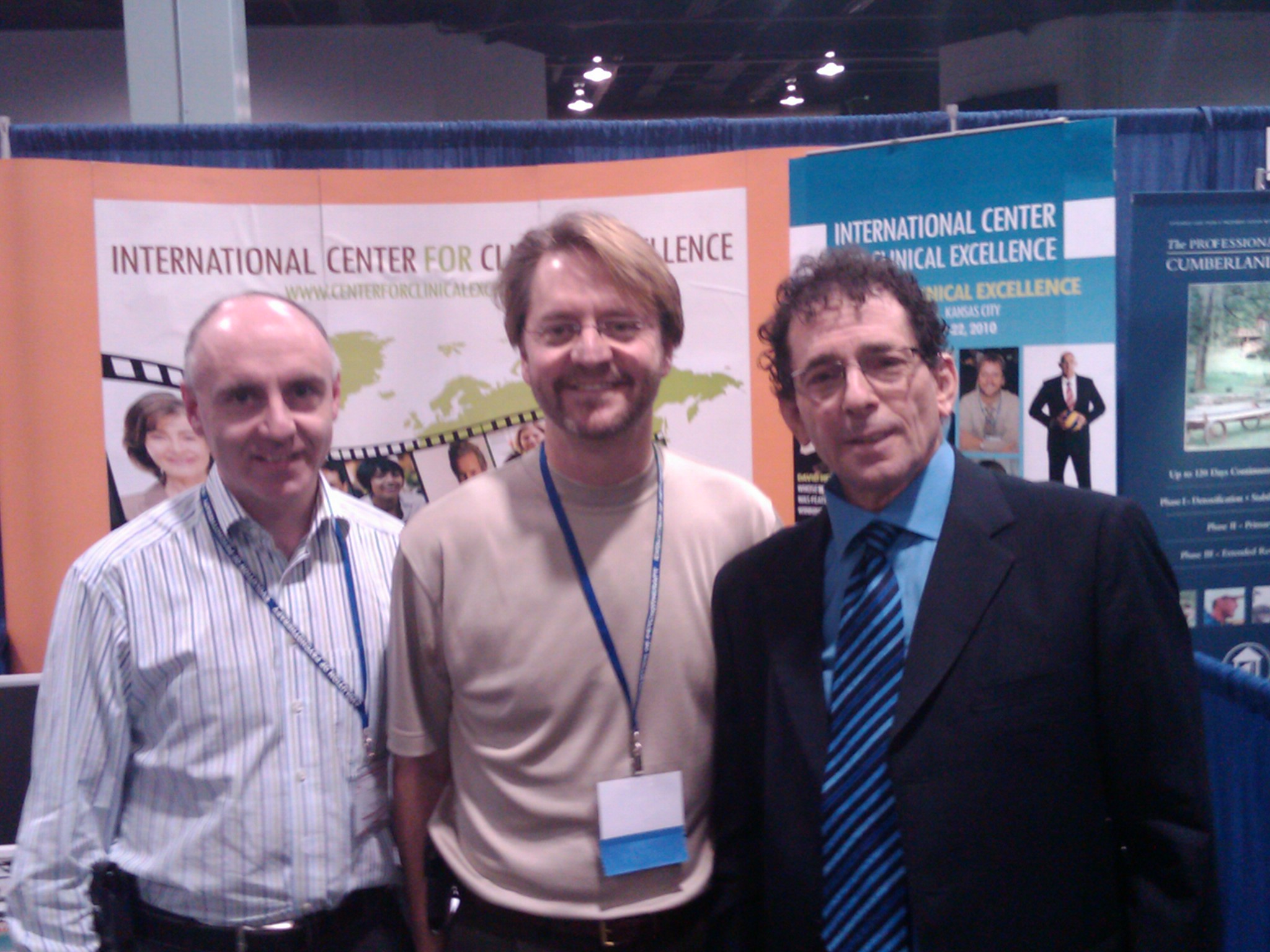



.png)



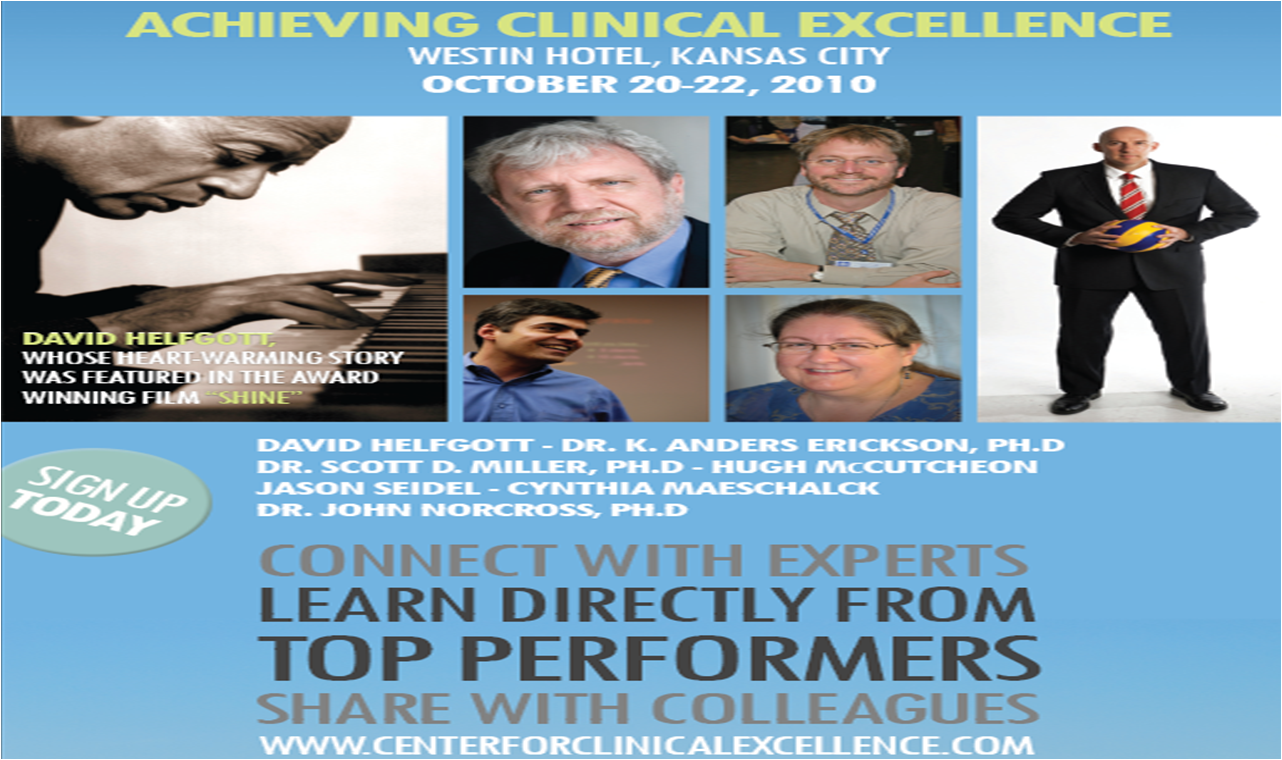

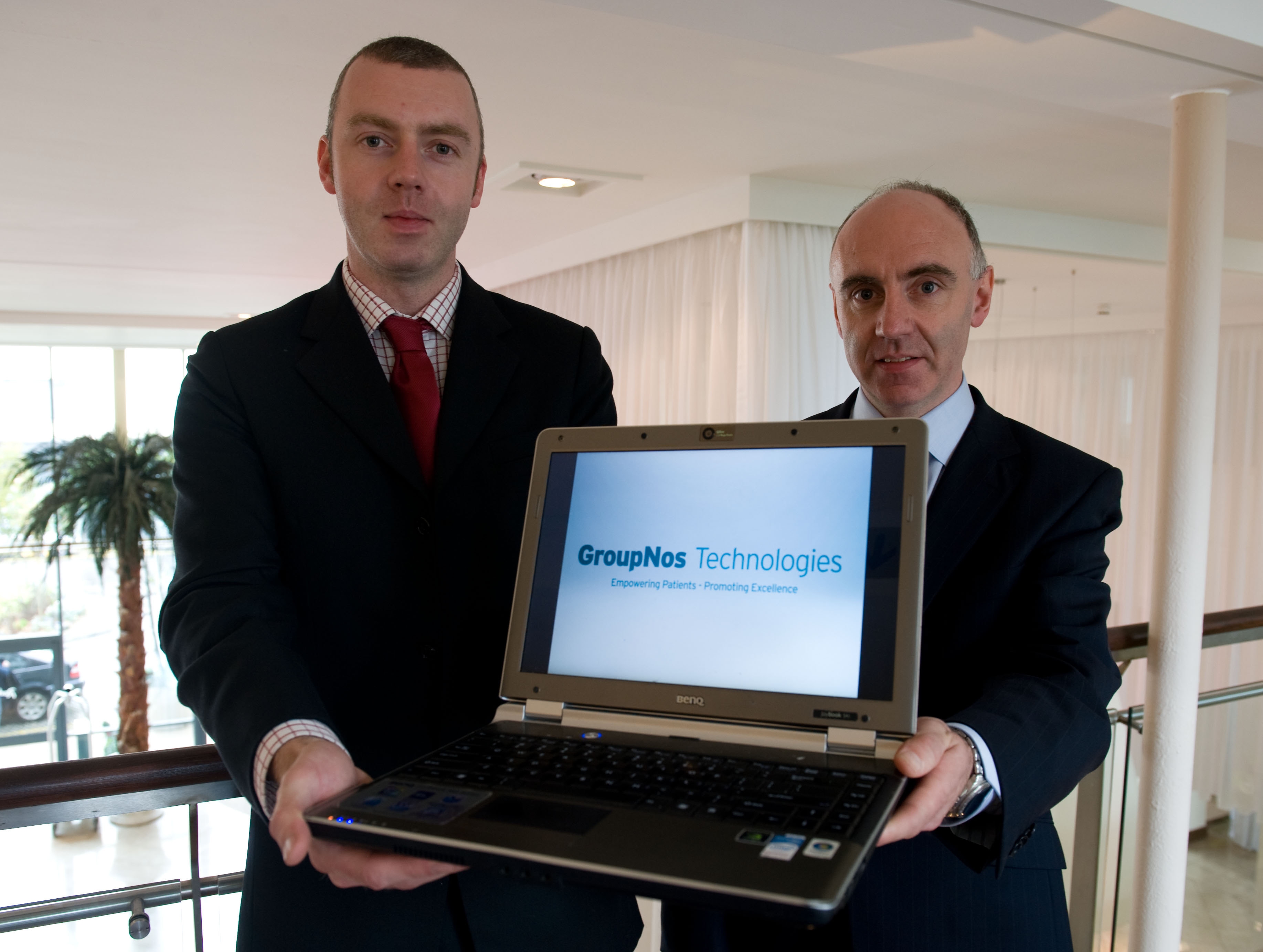
.jpg)
.jpg)






.jpg)
.jpg)
